#EvBatteries
Novel Sodium-Ion Battery-Powered EVs To Hit Chinese Streets in January
Today, most EVs use lithium-ion batteries, just like the phone in your pocket. While the battery chemistry is well-known and thoroughly tested at this point in time, the setup has weaknesses that could be addressed by alternative designs. A Volkswagen-funded Chinese automaker has a new type of battery that offers some benefits over lithium-ion batteries, namely cost and cold weather performance, but it’s unclear if we’ll see them in the United States.
EV Supply Chains May Be Dirtier Than You Think
Most of us know that even the most efficient, long-range EVs generate emissions during the raw materials extraction and production phases, and that’s before we count the logistics required to move everything around the world a few times in the process. The Washington Post recently reported on some of the “dirty parts” of EV manufacturing, and it paints a picture of challenges ahead as more people look to make the shift to electrics.
Report: Couple Charged $20K After Their Tesla's Battery Got Rained On
A couple in Scotland expressed sticker shock after facing a bill of about 20,000 U.S. dollars to have their Tesla fixed when the battery was damaged by rain.
Tesla Batteries Lose Little Capacity Over the Long Haul
If you’re “the automotive person” in your family or friend group, you’ve likely gotten at least a question or two about EV range and battery life. It seems that people are getting over range anxiety as automakers release vehicles with ever-longer estimates, but there are still a lot of questions about how long EV batteries last. The answer is “at least 100,000 miles” because everybody’s required to offer eight-year/100,000-mile warranties on the batteries, but it turns out that some can drive much longer than that with surprisingly little degradation.
Ford to Offer Lower-Cost Lower-Range Batteries for Mustang Mach-E
Electric vehicles aren’t the exotic, futuristic things they once were, but they aren’t yet the cheapest vehicle option, either. Automotive News reported that Ford would start offering a lower-cost battery option in the Mustang Mach-E, hoping to lessen the financial blow of buying a new EV and make the purchase more appealing to more buyers.
Buyout Begone: Ford Says You Can Never Own Leased EVs
Ford Motor Co. will be suspending end-of-lease buyout options for customers driving all-electric vehicles, provided they took possession of the model after June 15, 2022. Those who nabbed their Mach-E beforehand will still have the option of purchasing the automobile once their lease ends. However, there are some states that won’t be abiding by the updated rules until the end of the year, not that it matters when customers are almost guaranteed to have to wait at least that long on a reserved vehicle.
Battery Prices Likely Heading for the Ceiling After Congo Raises Royalty Rate
The Democratic Republic of Congo has declared cobalt a “strategic” substance, nearly tripling the royalty rate miners will have to pay on it. According to a governmental decree, miners will now pay 10 percent in royalties to extract the element.
While we’ve previously warned of the likelihood of a global supply shortage elevating the price of batteries, it seems this will occur only after the Congo taxes the crap out of it. This is the second time cobalt has seen a royalty hike since June, when the region increased the previous 2 percent royalty to 3.5 percent.
Besides the looming prospect of a reversal in the falling price of EV batteries, a spike in the price of cobalt is already ruffling some feathers.
'Artisanal' Child Labor Business Booming, Thanks to Electric Vehicle Renaissance
Electric cars have been praised as the future savior of mankind for quite some time now, but only in the last few years have mainstream automakers promised to drive headlong into EV production. Governments around the globe encourage the transition. The reality of battery production isn’t so clear-cut, however. Unless you make your daily commute in a Mack truck, odds are good that swapping to a sparkly new four-door with a lithium-ion battery isn’t going to be better for the environment.
Currently, it takes substantially more energy to produce an electric car than a conventional internal-combustion model. EVs sourcing their energy from fossil fuel-burning power plants aren’t much better for the environment than something that runs off pump gas. In addition to that, defunct batteries have to be recycled or they become environmental hazards — and no one has quite figured out the best way to do that yet.
There’s also the issue of sourcing the materials for those batteries. EV cells need scarce precious metals like nickel and cobalt. Those materials take a lot of energy to harvest and have, unfortunately, led to an increase in child labor rates in Africa.
Tesla Model 3's Design Isn't Finalized; Musk Flings Cash to Kick-Start Production
At the Tesla Model 3’s glitzy unveiling, everyone knew the model was a half-baked cake. Now, company founder Elon Musk admits the much-hyped electric sedan still isn’t out of the oven.
Musk said in a recent conference call that the design of the $35,000 Model 3 EV still isn’t finalized, according to Reuters, and the company plans a spending spree to get the model into production on time.
Are Graphene Micro-Supercapacitors An EV Gamechanger?
Energy density isn’t the only reason why battery-powered cars have never caught on. As was highlighted in Tesla’s somewhat less than successful media road trip, the amount of time it takes to fill batteries with electrons can be as significant a factor in the practicality of EVs as the amount of electrons those batteries can hold.
More Details On Explosion at GM Tech Center: Gases From Experimental Battery Ignited
Major Study Confirms EV Batteries Too Expensive; Predicts 26% Of New Cars Will Be Hybrids Or EVs In 2020
A major study by Boston Consulting Group (BCG) has determined that even if EV battery costs drop by a projected 65% by 2020, the economics will still constrain their widespread adoption. It challenges the industry assumption that a $250 per kWh cost for automotive batteries can be achieved by that date. Nevertheless, the report projects that hybrids, plug-ins and pure EVs will make up 26% of new cars sold in major developed markets. Specifically, the study projects 1.5 million EVs, 1.5 million range-extending EVs, and 11 million hybrids produced in 2020. Regarding the manufacturer’s holy grail of $250/kWh batteries:
Given current technology options, we see substantial challenges to achieving this goal by 2020. For years, people have been saying that one of the keys to reducing our dependency on fossil fuels is the electrification of the vehicle fleet. The reality is, electric-car batteries are both too expensive and too technologically limited for this to happen in the foreseeable future.
—Xavier Mosquet, Detroit-based leader of BCG’s global automotive practice and a coauthor of the study
The study takes on the expectations that current EV technology with its range and cost limitations can effectively replace the IC powered car head on,



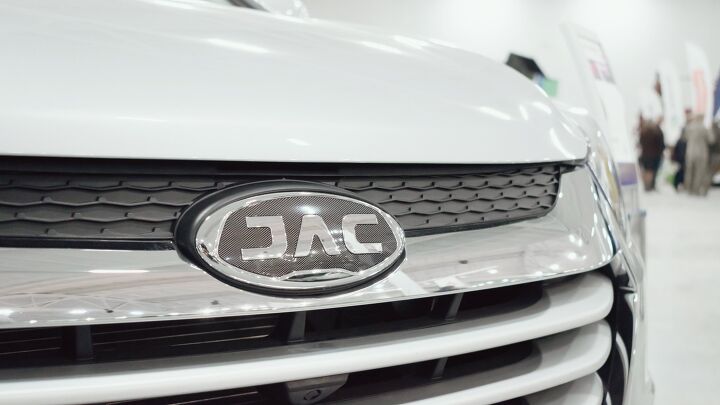
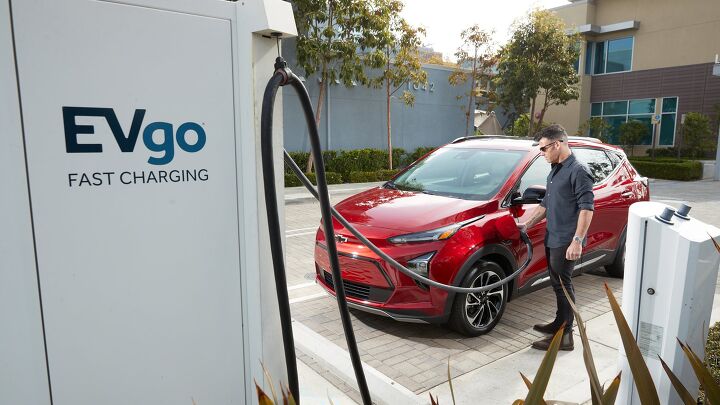
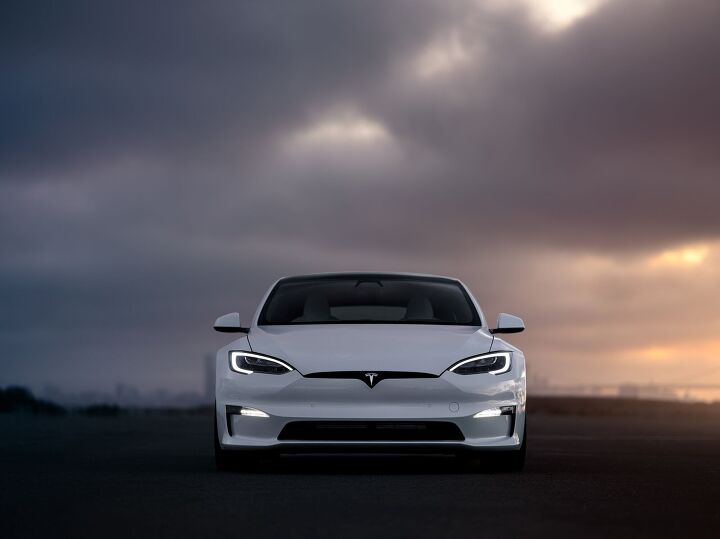
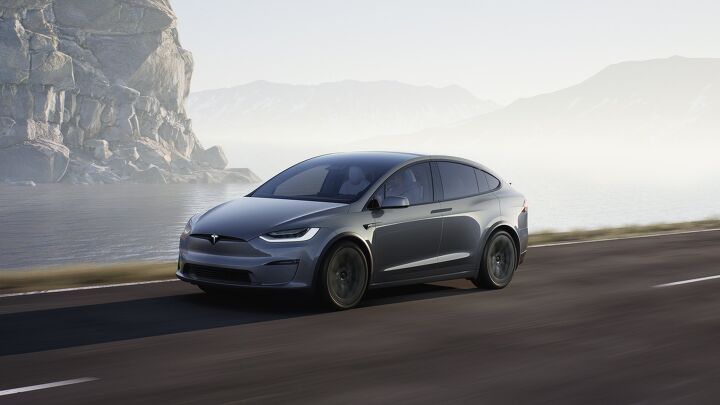
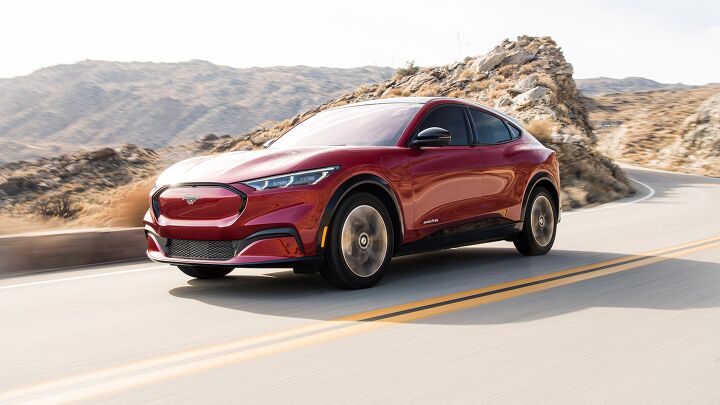





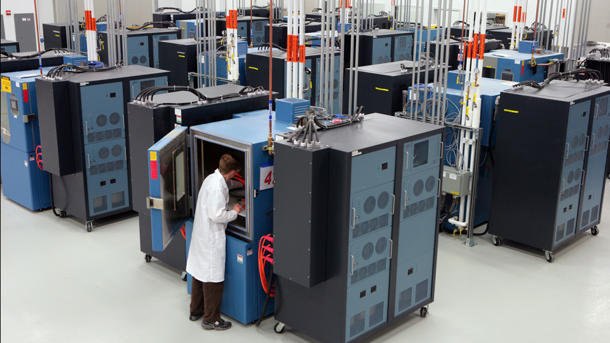













Recent Comments